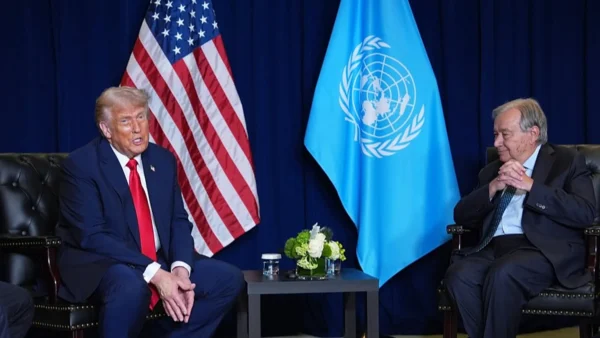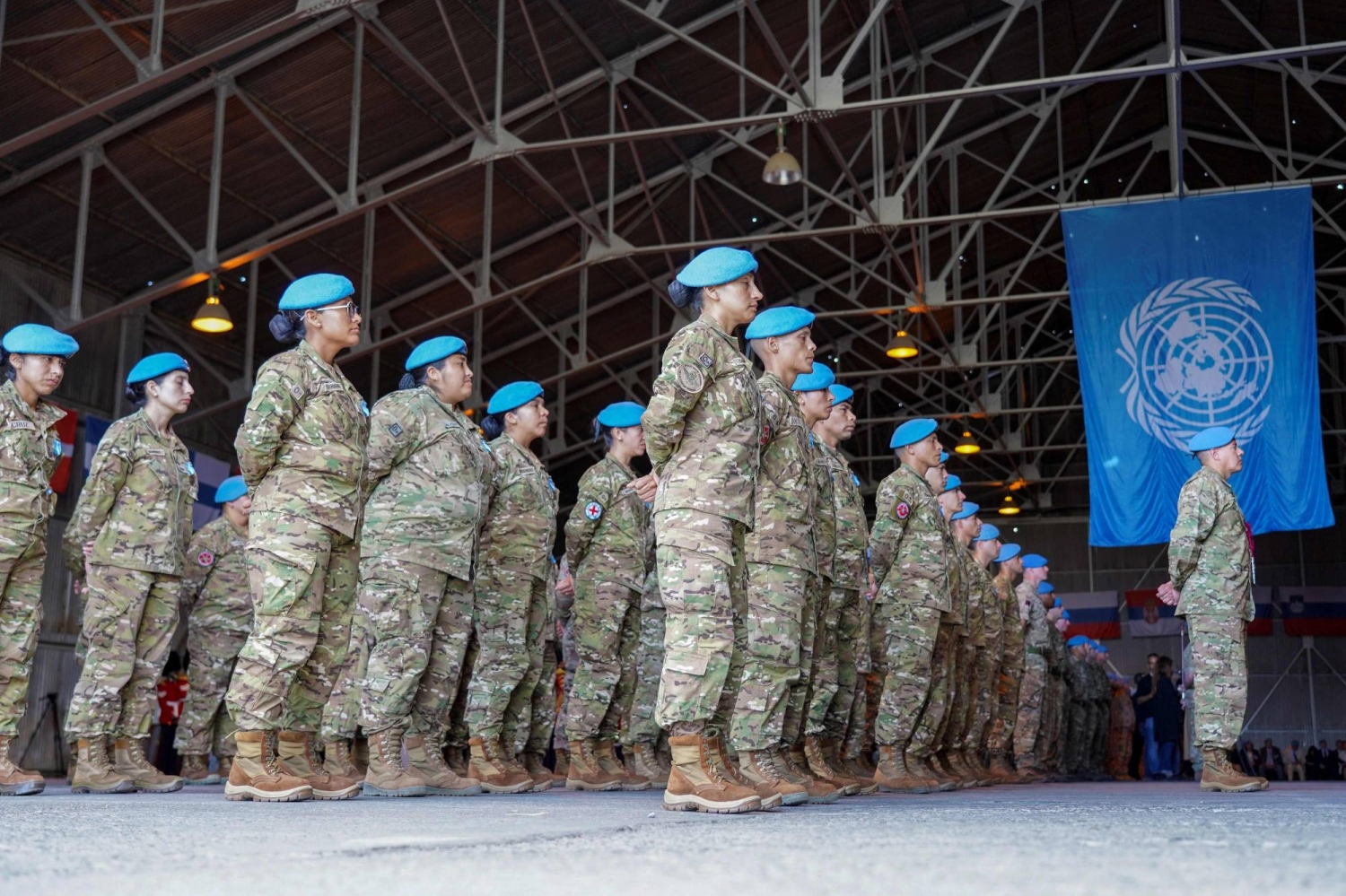The UN is cutting 25% of its peacekeeping force due to funding shortages. This decision raises concerns about global stability and the future of conflict zones.

UN Announces Major Peacekeeping Cuts: A Global Concern
The United Nations has made a difficult decision. It plans to reduce its peacekeeping forces by around 25%, affecting missions across the world. This means about 13,000 to 14,000 personnel will return home.
These forces have been the backbone of peace efforts in fragile regions. Their presence often keeps violence from escalating. Their absence, however, could change many lives overnight.
Why the Cuts Are Happening
A Funding Shortfall
The main reason for these cuts is money. The UN relies heavily on contributions from member states to run its operations. When those funds fall short, tough choices must be made.
The budget gap has grown significantly in recent years. The organization has been forced to tighten its belt and prioritize only the most essential missions. This is not a planned reform but a reaction to shrinking resources.
You can read more about how these global shifts affect vulnerable communities in posts like Voices for Peace, Love for Gaza.
Which Regions Will Be Affected
Missions Facing Reductions
The cuts will affect nine active peacekeeping missions. These include regions like South Sudan, Lebanon, Kosovo, Cyprus, Central African Republic, Democratic Republic of Congo, Western Sahara, Golan Heights, and Abyei.
In each of these places, UN peacekeepers play a vital role. They patrol borders, protect civilians, escort aid convoys, and monitor fragile ceasefires. Without them, local communities may be left more vulnerable.
The scale of reduction varies from mission to mission. Some areas may see fewer troops but retain essential staff. Others might face deeper operational cuts, making day-to-day peacekeeping harder.
Real Impact on the Ground
The Human Side of the Decision
Behind the numbers are real people. A reduction in peacekeepers means fewer patrols, less security, and slower responses to emergencies.
In places like South Sudan, the presence of peacekeepers can be the difference between safety and chaos. Their vehicles often escort families fleeing violence. Their camps provide shelter during conflict.
A local villager in a conflict zone might not understand international funding gaps. But they will feel the absence of the blue helmets at their gates.
When we think of peacekeeping, we often imagine soldiers. But the mission includes medical staff, engineers, teachers, and human rights workers. Many of their roles are now at risk.
A Signal to the World
Global Peace Under Pressure
This decision sends a clear message: global peace efforts are under strain. In an era where conflicts are spreading and humanitarian needs are rising, shrinking peacekeeping forces is a worrying sign.
It also reflects a broader shift in international priorities. Some nations are turning inward, focusing more on domestic issues than global cooperation. Others are questioning the role and cost of multilateral institutions.
Emerging media platforms like www.america112.com have also started covering how these global shifts affect local realities, bringing new perspectives into the conversation.
Impact on Women and Vulnerable Communities
A Gendered Perspective
Peacekeeping missions have played a critical role in protecting women and children in conflict zones. They provide safe spaces, report violence, and support survivors.
Reductions could weaken these protections. In many regions, women already face heightened risks. When peacekeepers withdraw, their vulnerability increases.
This connects closely to ongoing global discussions on gender equality and security. For example, recent international gatherings highlighted women’s leadership in shaping peaceful futures. (Read: A Global Love for Women’s Future)
What Can Be Done Next
A Call to Action
The world cannot afford to ignore this issue. Peacekeeping is not just about soldiers in blue helmets. It’s about the fragile balance between war and peace.
Here are some steps that can help:
- Member states must recommit to funding these missions.
- The UN should prioritize the most vulnerable regions first.
- New partnerships between regional organizations and the UN can fill some gaps.
- Innovative logistics and technology could reduce costs while keeping critical operations alive.
- Public pressure can push governments to act faster and smarter.
Closing Thoughts
The UN’s peacekeepers have long stood as quiet guardians in the world’s most dangerous corners. Their presence doesn’t always make headlines, but their absence surely will.
Cutting peacekeeping forces is not just a budgetary move. It is a decision that could shape lives, communities, and global stability.
Now more than ever, the world must remember the value of peace. It is fragile, precious, and deeply human.

